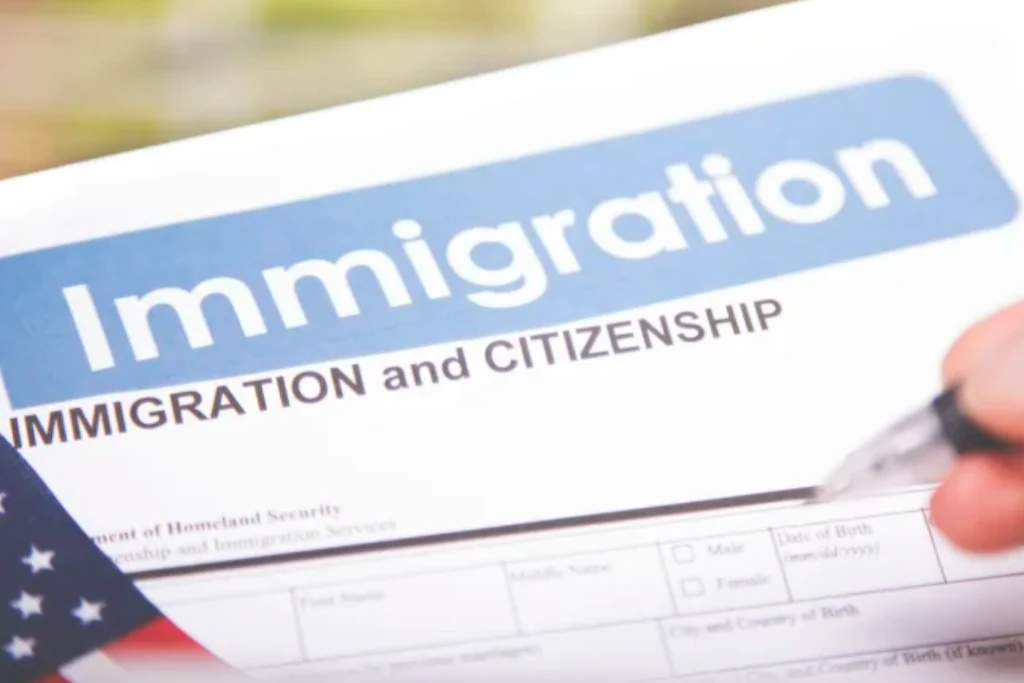As part of a potentially growing trend, a new law in Florida will require private employers with at least 25 employees to use E-Verify, the digital immigration verification tool, during their onboarding process, starting July 1.
Gov. Ron DeSantis signed SB 1718 into law on May 10. It will increase penalties for noncompliance and for employers that knowingly hire undocumented workers. Notably, if employers use the E-Verify system in good faith, whether use is mandatory or voluntary, the government will presume they have not knowingly hired unauthorized workers.
All employers are required to complete the I-9 form within three days of a new hire’s start date to verify identity and ensure employment authorization in the United States for every employee. E-Verify is an online tool that is operated by the U.S. Department of Homeland Security and allows employers that have completed Form I-9 to electronically verify employment eligibility for their new hires. Employers that use E-Verify may not do so selectively. Rather, they must use the system to verify all newly hires, regardless of whether they are U.S. citizens.
Currently, use of the E-Verify system is mandatory in Florida for public employers and private employers contracting with state and local governments or receiving state incentive dollars. The new law expands that requirement to all private employers with at least 25 employees. Employers that want to enroll in E-Verify can do so by visiting the official website.
Key Takeaways for Employers
Employers that will be newly covered by the E-Verify requirement should review their obligations as soon as possible. Here are five key takeaways regarding the new law:
- Compliance dates: Private employers with 25 or more employees must utilize the E-Verify system in addition to completing Form I-9. The law applies to new employees hired on or after July 1. E-Verify utilizes information available to the Social Security Administration and Department of Homeland Security to confirm records and identity. If the records do not match, the system will notify with a “Tentative Nonconfirmation” (mismatch) result. You must give the notice to the employee, who then has 10 days from the issuance of the mismatch to notify you whether they will resolve the mismatch. If the employee cannot resolve the mismatch, they are no longer eligible to continue employment. “Employee” is defined as an individual filling a permanent position under the control of employer. Independent contractors and casual laborers are not considered employees.
- Record retention requirements: For at least three years, the employer must retain a copy of the documentation, as well as any official verification generated.
- Compliance presumed: Employers that use the E-Verify system establish a rebuttable presumption that they have not knowingly employed an unauthorized worker. If the E-Verify system is down for three days, and you cannot timely complete the process for a new hire, you can still benefit from the rebuttable presumption by completing Form I-9 and taking a screenshot each day, documenting that the system is unavailable, or retaining any official notice or communication you received about the system being down.
- Annual certification required: Each employer that is required to use the E-Verify system must certify compliance on its first return when making contributions to or reimbursing the state’s unemployment compensation or reemployment assistance system. An employer that voluntarily uses the E-Verify system may make such a certification on its first return each calendar year in order to document such use.
- Penalties for noncompliance: Penalties will go into effect on July 1, 2024. Businesses have 30 days to cure noncompliance after receiving notice from the Department of Economic Opportunity (DEO), and the new law requires the DEO to notify a business prior to issuing penalties for violations. If the DEO determines that an employer failed to use the E-Verify system as required three times in any 24-month period, the department must impose a fine of $1,000 per day until the employer provides sufficient proof that the noncompliance is cured. An employer’s first violation results in a one-year probationary period with reporting requirements to put a business on a path to compliance prior to any licenses being revoked.
Benefits for Small Businesses
Businesses with fewer than 25 employees can continue to use the Form I-9 to verify employment eligibility or choose to take the extra step of using E-Verify, which comes with heightened immunity protections. Employers that voluntarily use E-Verify may submit annual certifications for documentation purposes.
Employers that operate in multiple jurisdictions will need to track this potential trend in legal requirements.
WEBSITE & REFERENCE CREDIT – https://www.shrm.org/resourcesandtools/legal-and-compliance/state-and-local-updates/pages/florida-requires-everify.aspx

